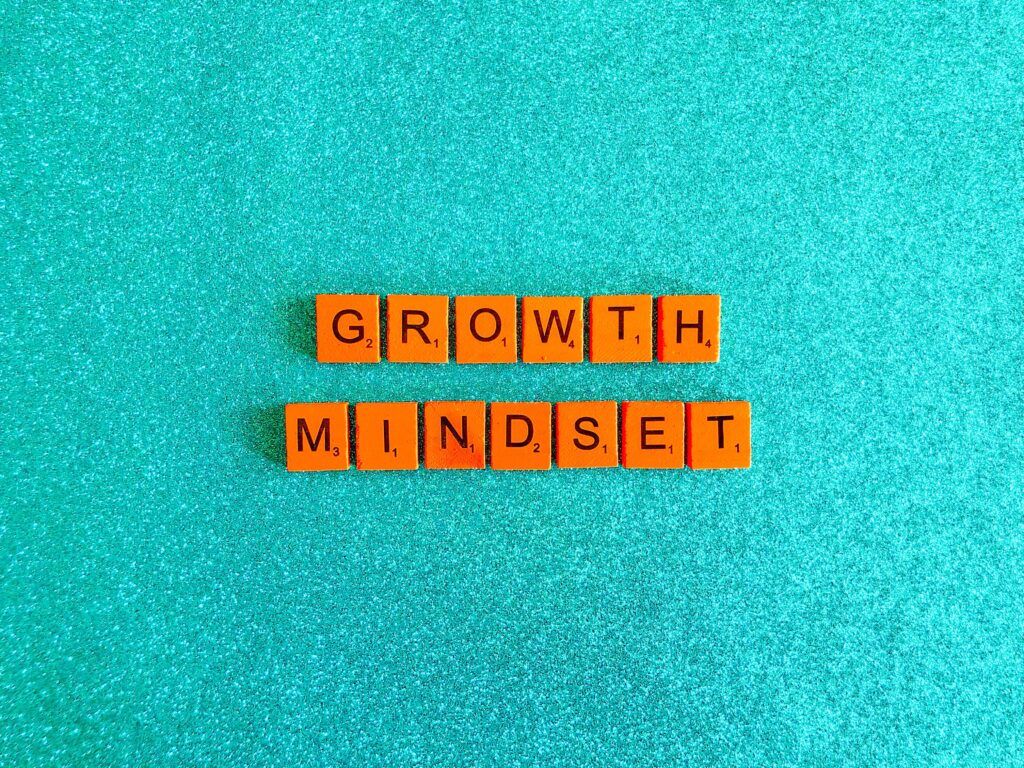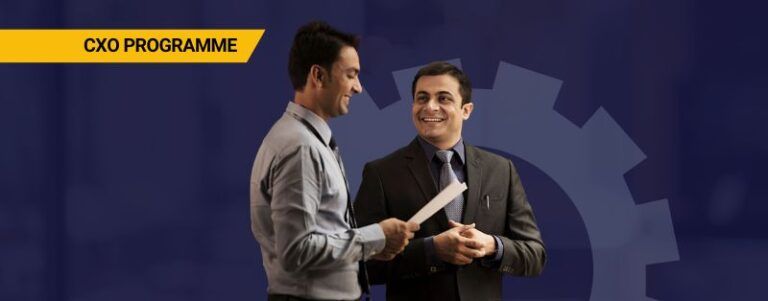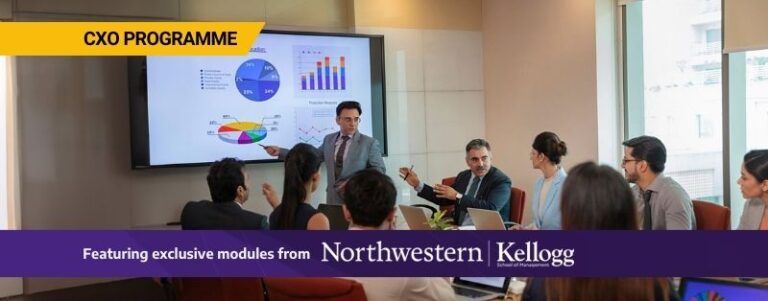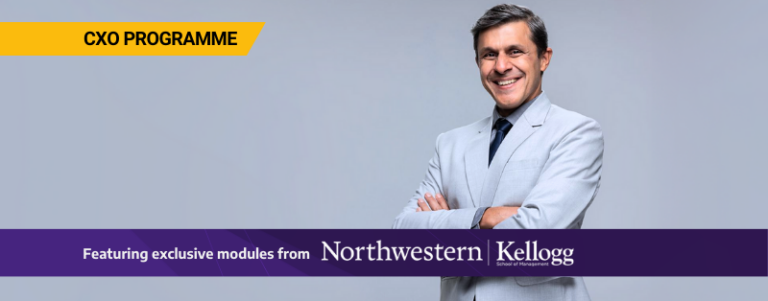The Ultimate Guide for Developing a Growth Mindset: 6 Tips for Success

Embracing a growth mindset means believing that your abilities and intelligence can be developed and enhanced over time through hard work and perseverance. People with a growth mindset see their capabilities as malleable qualities that can be honed to succeed and thrive. In this guide, let’s delve into what distinguishes a growth mindset from a fixed mindset, the importance of cultivating a growth mindset among working professionals, and actionable steps you can take to foster a growth mindset in your personal and professional life.
Growth Mindset and Fixed Mindset
The concept of growth mindset was first introduced by psychologist Dr. Carol Dweck of Stanford University in her book Mindset: The New Psychology of Success. Dr. Dweck claimed that individuals with a growth mindset were more likely to achieve success and reach their full potential as they were not hindered by self-doubt and limiting beliefs. On the other hand, people with a fixed mindset believed that learning or trying new things was futile as they considered their talents, intelligence, and abilities as inherent and unchangeable traits.
Dr. Dweck explains the difference between a fixed mindset and a growth mindset as follows: “Believing that your qualities are carved in stone—the fixed mindset—creates an urgency to prove yourself over and over. (…) Every situation calls for a confirmation of their intelligence, personality, or character. Every situation is evaluated: Will I succeed or fail, look smart or dumb, be accepted or rejected, feel like a winner or a loser?”
Leadership Courses
He goes on to introduce the growth mindset as an alternative way of thinking, “There’s another mindset in which these traits are not simply a hand you’re dealt and have to live with, always trying to convince yourself and others that you have a royal flush when you’re secretly worried it’s a pair of tens. In this mindset, the hand you’re dealt is just the starting point for development. This—growth mindset—is based on the belief that your basic qualities are things you can cultivate through your efforts. Although people may differ in every which way—in their initial talents and aptitudes, interests, or temperaments—everyone can change and grow through application and experience.”
ALSO READ: Quick Tips to Take Charge of Your Career and Bag That Dream Job
Difference Between Growth Mindset and Fixed Mindset
 Let’s examine the contrasting natures of a growth mindset and a fixed mindset:
Let’s examine the contrasting natures of a growth mindset and a fixed mindset:
- Challenges: People with a mindset to grow embrace challenges, considering them as opportunities to learn and grow; individuals with a fixed mindset tend to avoid challenges, fearing failure.
- Obstacles: People with a growth mindset are more likely to persevere through obstacles and setbacks because they believe in the potential for improvement through effort. In contrast, individuals with a fixed mindset often give up quickly when faced with difficulties.
- Criticism: Individuals with a growth mindset view feedback and criticism as chances to learn and develop. However, those with a fixed mindset tend to ignore negative feedback and view it as a reflection of their qualities.
- Effort: Those with a growth mindset see effort as a way to achieve mastery. But, individuals with a fixed mindset view effort as pointless and tend to give up easily.
- Others’ Success: Individuals with a growth mindset view the success of others as an opportunity to learn and find inspiration. However, people with a fixed mindset often feel threatened by the success of others.
Growth Mindset: Why Working Professionals Need It
- It enables professionals to be adaptable and makes them view challenges as opportunities to grow and develop
- Provides them with the ability to recover from setbacks and difficult situations by seeing them as opportunities to learn and improve rather than reasons to give up
- Encourages professionals to approach problems with an open mindset, resulting in innovation and creativity in the workplace
- Motivates professionals to seek out new learning opportunities to enhance their skills and knowledge
- Helps professionals consider negative feedback as constructive criticism. This can be used to improve their product offering, thereby fostering personal and professional growth
6 Tips to Develop a Growth Mindset
1. Practice Self-Reflection
Regularly reflect on your thoughts and beliefs about yourself and your abilities. Recognizing where you are starting from is the first step. Listen to your internal dialogue and figure out your mindset. If you constantly think, “I can’t do this” and “I will fail,” you have a fixed mindset.
2. Give Yourself a Pep Talk
Even if you have a fixed mindset and it’s protecting you from failure by asking you not to work hard or even try anything challenging, understand that you always have a choice. Talk back to your internal dialogue by saying things like, “I can try,” and “I am not failing, I am learning.”
3. Embrace Challenges
Make an effort to face challenges instead of running away from them. Look at them as opportunities to learn and grow. Remember that progress and development take time; be patient with yourself.
4. View Failure as a Learning Opportunity
View failure as a chance to learn and improve rather than seeing it as a reflection of your ability or intelligence. Analyze what went wrong, identify what you can do differently next time, and try again.
5. Mind Your Language
The words you use have a lot of power. When you encounter a challenge or setback, try adding the words “yet” and “learning” to the end of your sentence. For instance, instead of saying, “I can’t do this,” say, “I can’t do this yet,” or instead of saying, “I’m going to fail,” say, “I’m going to learn.” This minor change in your language can shift your mindset toward growth and development.
6. Foster a Love for Learning
Encourage a sense of curiosity and eagerness to learn new things through reading, attending courses or workshops, or exploring fresh experiences. Maintain an open mind and embrace the opportunity to gain insights and explore different perspectives.
ALSO READ: What Are Self-Management Skills? How To Be the CEO of Your Career?
To conclude, adopting a growth mindset can help you achieve your goals and unlock your full potential to succeed. Moreover, people with a growth mindset continually learn. They seek opportunities to improve their personal and professional skills and knowledge. Consider exploring these online courses with Emeritus on topics that may be holding you back. Additionally, replace your obstacles with opportunities and take your growth mindset to the next level.
By Krati Joshi
Write to us at content@emeritus.org

































